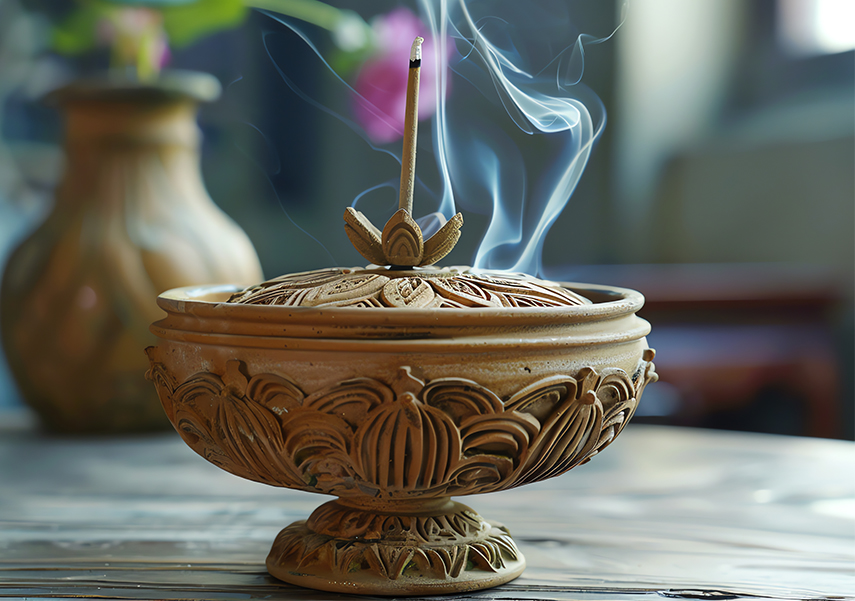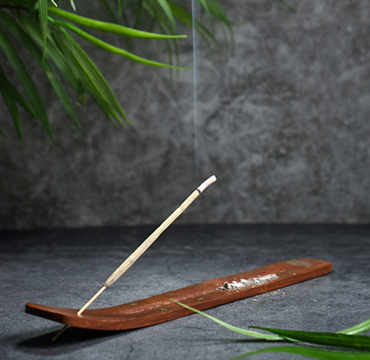Cultural Significance of Incense in Religious Practices
Incense has been a pivotal part of religious practices across cultures and civilizations for centuries. Its captivating scents have a way of elevating the atmosphere, enhancing spiritual connections, and creating a sense of sacredness. In this article, we’ll explore the rich tapestry of incense's cultural significance within various religious traditions around the world.
Historical Context of Incense in Religious Practices
The use of incense dates back thousands of years, with origins found in ancient civilizations such as Egypt, Mesopotamia, and China. These cultures utilized incense in various ceremonies, often believing that the smoke carried prayers and offerings to the divine. The historical roots of incense are intertwined with spirituality, as it served as a medium to connect with higher powers.
The Spiritual Significance of Incense
Beyond its physical use, incense has a profound spiritual significance. The act of lighting incense can signal a time for reflection, meditation, and prayer. The calming scents are known to soothe the mind, promote relaxation, and create a conducive environment for spiritual practices. Many find that the presence of incense enhances their connection to the divine, helping to focus the mind and elevate the spirit.




